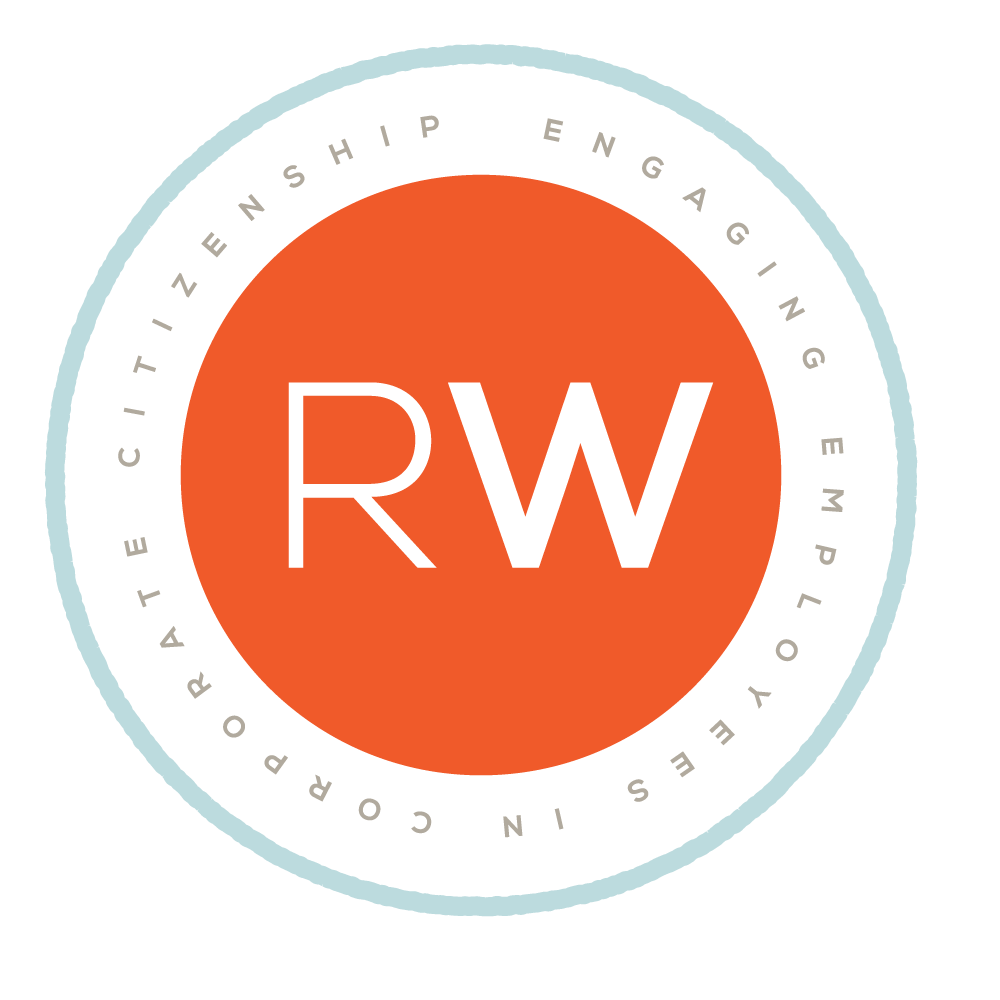Honoring Black History Month by Healing Ourselves and Our Communities

Honoring Black History Month by Healing Ourselves and Our Communities
What if we were deeply committed to a world that worked for all? What if instead of simply honoring the legacy of those who came before us – the ones who struggled and fought for recognition of their most basic human rights – we took our efforts a step further and decided to become good ancestors ourselves?
It’s been nearly nine months since the social justice movements of 2020; nine months since black squares filled our social media pages, anti-racism resource lists showed up in our feeds and declarations of allyship from brands around the world flooded the airwaves in support of Black, Indigenous, and People of Color (BIPOC). As a black woman born and raised in the deep South of the United States, it was disorienting to witness the sudden awareness and cultural shift sparked by the events of last summer.
Black History Month is a time to recognize the achievements of Black people in history and to look ahead to envision what it will take, individually and collectively, to address and heal the trauma of black communities. This means telling the truth – sharing the real history of race relations in the US and around the world through the lived experiences of those of us who identify as Black. And it means using the inherent benefits of being white or white-passing to transform communities, companies, and social systems. While we may never see an end to racism and systemic forms of oppression in our lifetime, we can absolutely work individually and collectively to contribute to a world that values the humanity of us all. During this month in which we celebrate black people and culture, let’s not just honor history – let’s make it.

